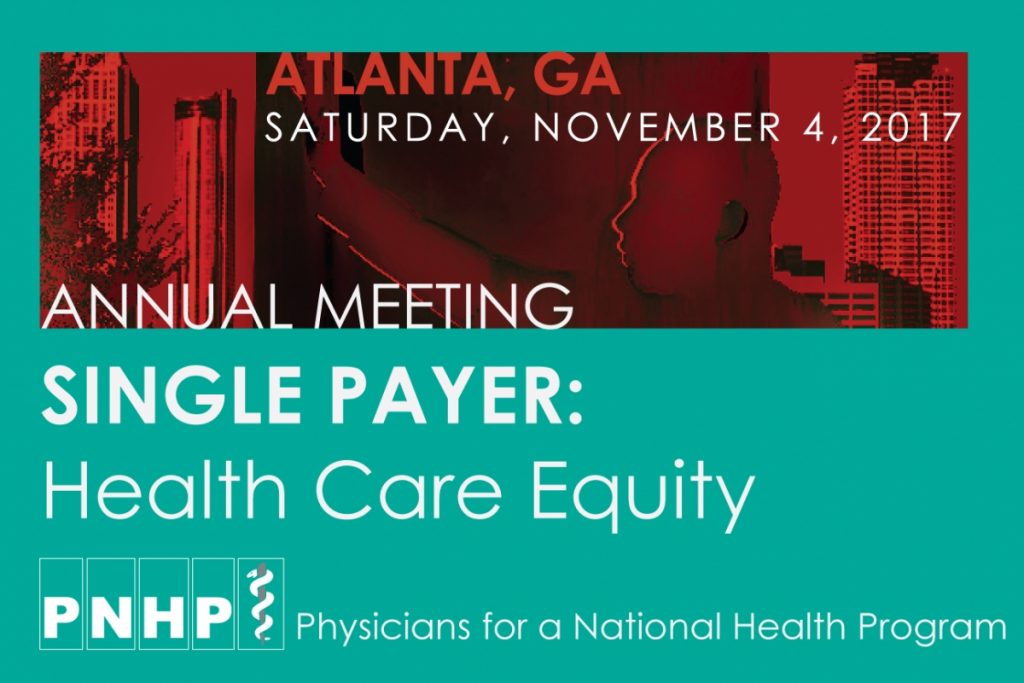By Andrew Samwick
National Bureau of Economic Research, November 2017
Abstract
Recent federal legislation has linked the price paid for health insurance benefits to current income. Under the Patient Protection and Affordable Care Act of 2010, individuals and families with income as high as 400 percent of the federal poverty level are eligible for premium tax credits that limit their health insurance premiums to under 10 percent of their income. Under the Medicare Modernization Act of 2003, higher-income beneficiaries face income-related premiums over three times the standard premium for Part B coverage. For workers at or near retirement age, means-testing based on current income provides an incentive for early retirement, dissaving, and income manipulation, raising concerns about the efficiency of such means-testing. Further, current income is subject to short-term fluctuations, making it a noisy predictor of ability to pay. Using the Health and Retirement Study and linked Social Security earnings histories, this paper introduces a measure of lifetime income that compares favorably to current income as a basis for means-testing. It offers less short-term variation in premiums while improving incentives for pre-retirement work and saving.
From the Conclusion
Policy makers must balance equity and efficiency considerations when designing social insurance programs. Both the Medicare Modernization Act of 2003 and the Affordable Care Act of 2010 introduced means-testing of federal health entitlement benefits based on current income. Means-testing based on current income for those near or in retirement has several disadvantages as a basis for entitlements: it provides incentives to lower income by reducing saving and work; it provides incentives to manipulate income or change its composition; and it bases transfers on a noisy measure of ability to pay. Against these disadvantages is the possibility of providing insurance against adverse shocks to current income. This paper provides a first analysis of the extent to which the provisions of these laws have introduced these disadvantages relative to means-testing based on Medicare Average Earnings, a measure of lifetime income based on earnings subject to the Medicare payroll tax.
This study has illuminated the need to measure and evaluate the extent to which means- testing on current income introduces economic inefficiencies and inequities.
To the extent that the use of current income is shifting behavior in unproductive ways, means-testing based on lifetime earnings can be considered as a potential alternative.
***
Comment:
By Don McCanne, M.D.
This paper is important because it demonstrates the counter-intuitive inefficiencies and inequities of means-testing federal health benefits, particularly for Medicare Part B premiums and for premium tax credits under the Affordable Care Act. The author suggests that this unfairness can be mitigated partially by using lifetime earnings instead of current earnings to determine the means-tested premium contribution for these federal programs. But this ignores the most serious flaw in using means-tested premiums and that is that premiums are used at all.
In an equitable health care system the financing of health care and the delivery of health care services should be totally separated. Everyone should have equal access to the health care delivery system based on medical need, with income or wealth playing no role. The financing of the system should be based on ability to pay. The latter is easy since the universal risk pool can be financed through progressive taxes.
A wealthy nation should be able to support, through equitable taxes, a health care system that has adequate capacity and provides appropriate access to primary care and specialized services. Charging premiums decreases equity since the burden is inversely related to income. Means-testing the premium reduces that inequity but it also reduces the political support of higher-income individuals who might resent paying more. Since the wealthy have a much greater political voice, there likely would be a greater effort to further privatize Medicare, fragmenting the Medicare Advantage market into Cadillac plans for the wealthy and an underfunded, spartan public plan for the masses.
One of the improvements for an Improved Medicare for All should be to eliminate any premiums and cost-sharing so that everyone has equal access to health care regardless of means.
Stay informed! Visit www.pnhp.org/qotd to sign up for daily email updates.
